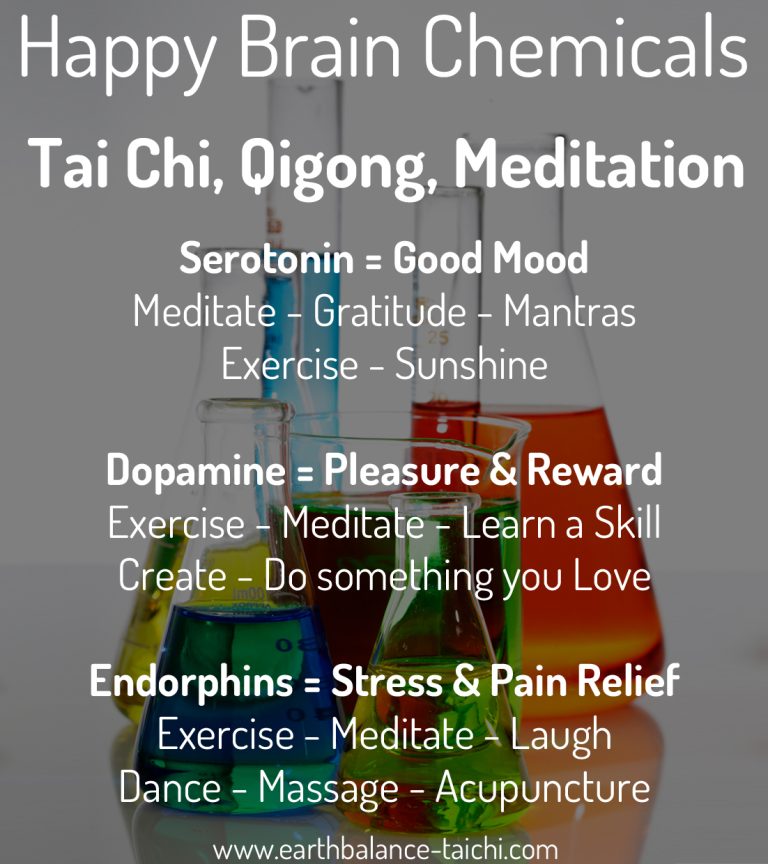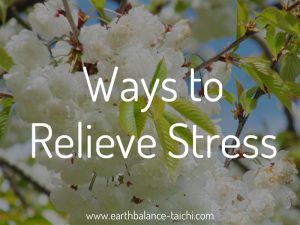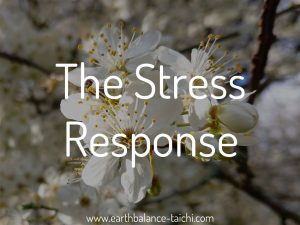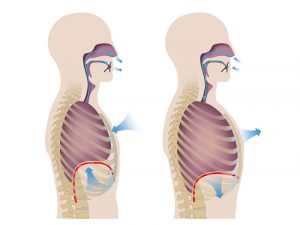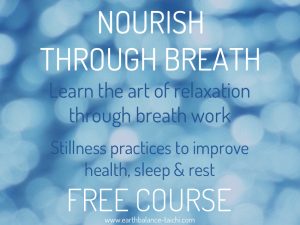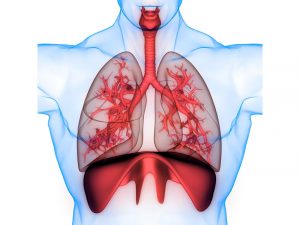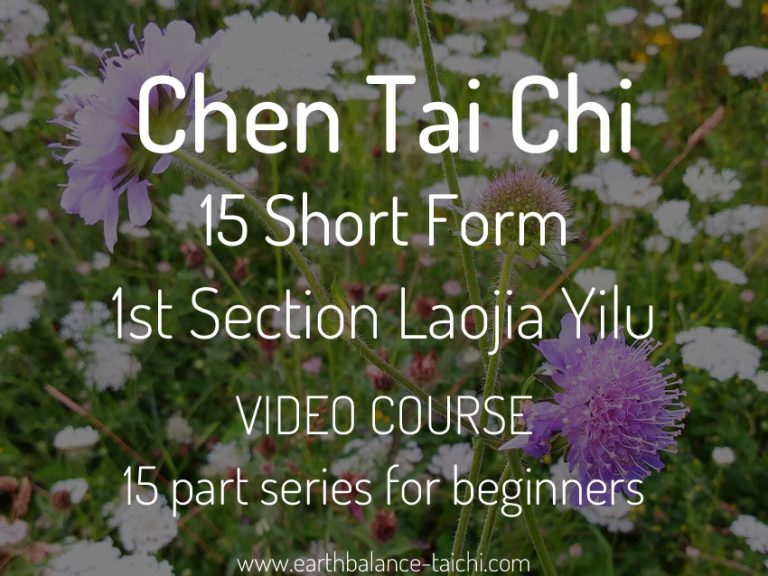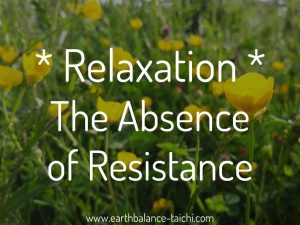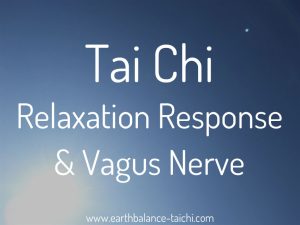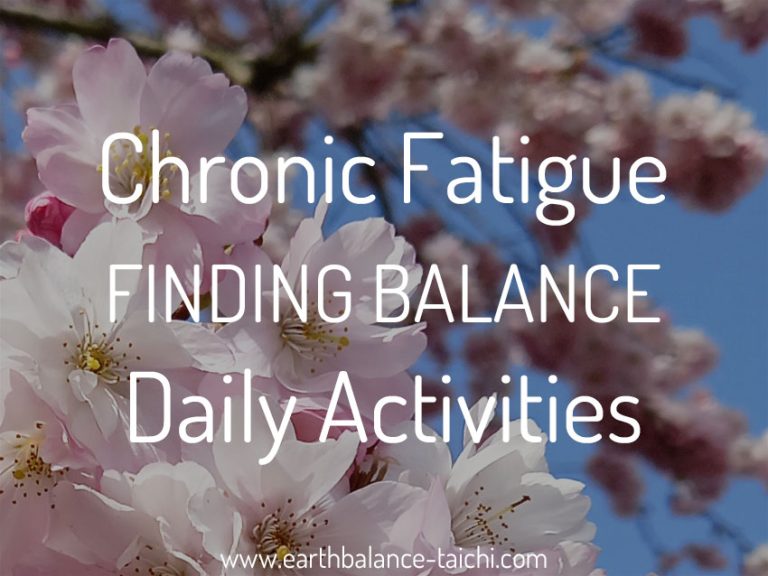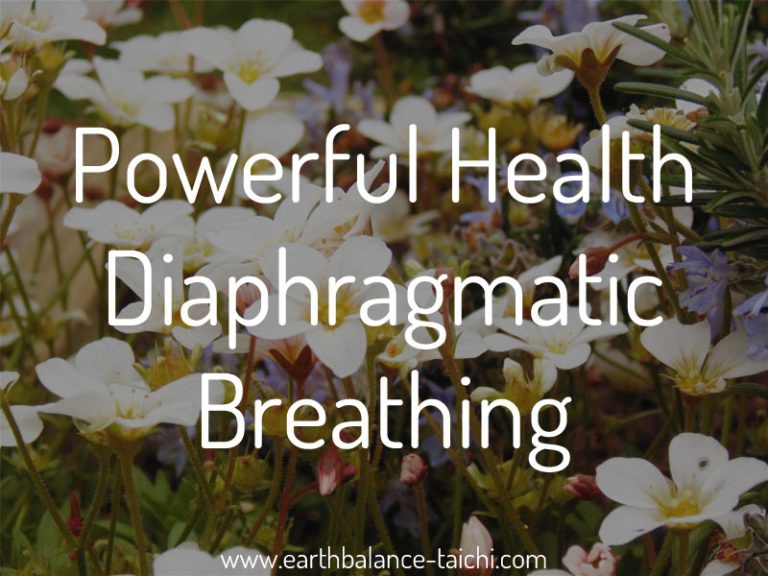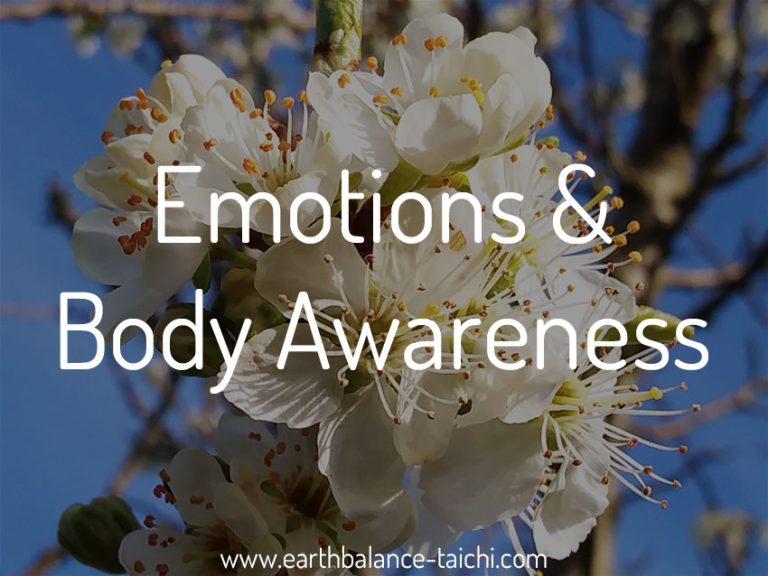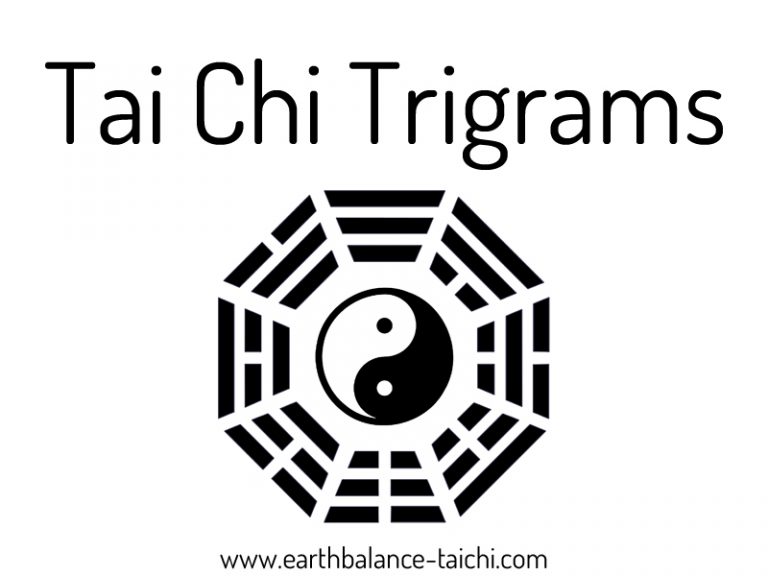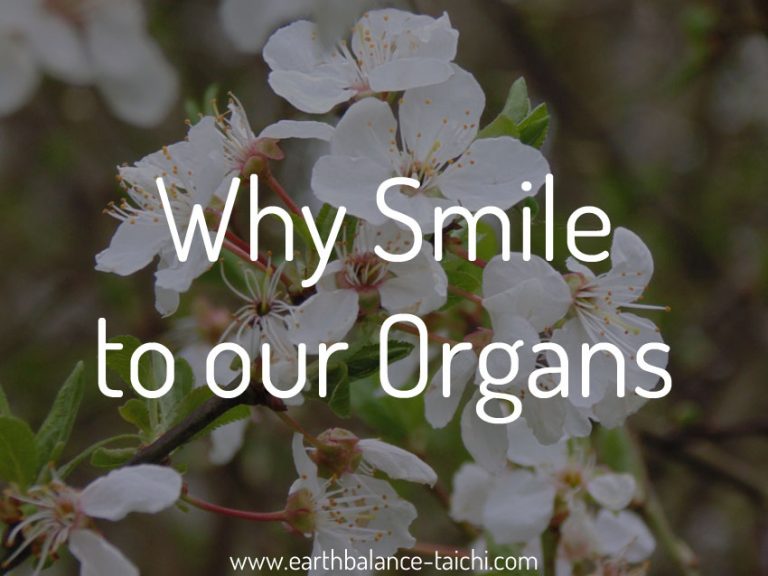Tai Chi for Serotonin, Dopamine, Endorphins
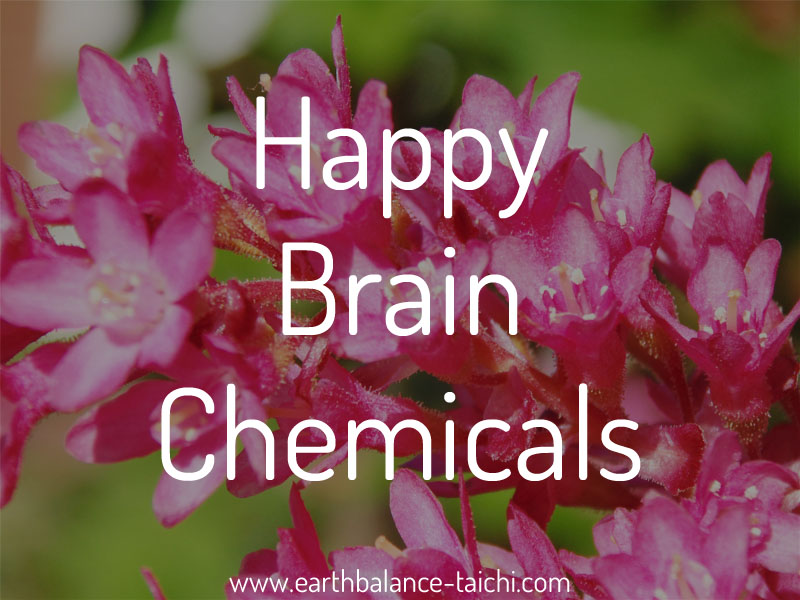
Tai Chi for Serotonin, Dopamine, Endorphins
This articles discusses how to hack into and boost your happy brain chemicals to increase your mood, happiness and wellbeing.
Serotonin - for - Good Moods
Serotonin is a naturally occurring substance (chemical neurotransmitter) within the human body. It helps to control our mood, emotions, thought patterns, learning and sleep by carrying signals in between the nerve cells (neurons). It is located in the intestines, within the central nervous system, the brain and in blood platelets. Natural sunlight is a good boost for serotonin levels. Depleted serotonin levels may cause depression, loneliness, lack of self esteem and a pessimistic outlook. Boost your serotonin by practicing stillness and moving meditation, gratitude and mantras, exercising regularly and being outdoors in bright sunshine.
Dopamine - for - Pleasure & Reward
Dopamine is also a naturally occurring substance (chemical neurotransmitter) within the brain. It helps to regulate our motor system, body movements, memory, emotions, learning and attention (awareness). It is the chemical that helps us feel pleasure and reward through goals, needs and desires. Dopamine is released when we feel rewarded. This helps motivate us to work towards that feeling/reward. Sugar, saturated fat and caffeine can affect the production of dopamine. Depleted dopamine levels may cause lethargy, self doubt and procrastination. Boost your dopamine by cleaning up you diet to assist dopamine production, exercising to feel good about what you have achieved, meditating to feel good about taking care of your mental health, learning a new skill, creating something and doing an activity you love or gives your joy e.g. listening to music.
Endorphins - for - Stress & Pain Relief
Endorphins are naturally occurring chemicals (polypeptides) released into the human body after exercise. They are made by the pituitary gland in the brain and through the central nervous system. They trigger positive and pleasurable feelings, and are an analgesic which means they reduce the perception of pain. Similar to the pharmaceutical ‘morphine’ without the side effects or addictive tendencies. Depleted endorphin levels may cause anxiety, depression, insomnia, low self-esteem, low immunity, increase in aches and pains and addictive tendencies. Laughter is one of the easiest ways to boost your endorphin levels. You can also boost endorphins through exercising regularly, meditation, social interaction, dancing, massage, acupuncture, saunas, sex, creating something, listening to music and eating dark chocolate.
Happy Brain Chemicals!
Give yourself a natural boost through movement and stillness
The Classical Chinese movement arts help to release physical and mental tension by combining an aligned posture, with deep diaphragmatic breathing and slow and deliberate movements. These specialist physical exercises help to increase flexibility and mobility, build integrated muscle strength and control, lengthen the connective tissue, strengthen bones, improve proprioception (body awareness), improve balance and stability, as well as improving posture. Regular exercise is one of the best ways to help boost serotonin, dopamine and endorphin levels. Helping us to:
- regulate our mood and emotions
- balance the hormones
- help us to sleep better and deeper
- boost our self-esteem
- reduce stress
- lessen feelings of anxiety and depression
- help us have a more positive outlook on life
Tai Chi and Qigong are not just gym exercises, the mind and body connection brings another aspect into the training. Often called meditation in motion, Tai Chi and Qigong create the same psychological well-being benefits as stillness meditation practice.
By a deliberate slowing down of the central nervous system through slow movements and deep breathing, this activates the automatic relaxation response in the body. This slows down the heart rate, lowers blood pressure and returns the body to a neutral state of being, helping to create a further boost of serotonin and dopamine levels within the body.
And after you have practiced your Tai Chi and Qigong routines and forms, sit back and relax in the post exercise glow of increased dopamine.
Meditation (stillness practices)
As an all round stress reducing activity, regular stillness meditation and mindfulness practices help to develop awareness, reduce mental chatter, level the emotions, regulate our mood, balance our hormones and maintain a neutral state.
The mind leads the body, and the body leads the mind. In this theory, the connection between serotonin and the mind/body is a two way process. We can increase serotonin levels by enhancing our mood through stillness practices, this is a self induced process that we are in control of. This is the same as when our mood improves through an increase in serotonin levels, which is an automated physiological response within our body.
Meditation is also a great natural boost for dopamine levels, to increase feelings of pleasure and reward.
In general good self care, adequate rest and sleep, good nutrition and regular exercise are all important parts of your self-care programme.
Resources
“A comprehensive review of the relation between exercise and mood concluded that antidepressant and anxiolytic effects have been clearly demonstrated."
"Several lines of research suggest that exercise increases brain serotonin function in the human brain.”
How to increase serotonin in the human brain without drugs by Simon N. Young. Source www.ncbi.nlm.nih.gov/pmc/articles/PMC2077351/
“The experimental group showed a significantly increased blood serotonin level (p = 0.001) and significantly reduced nicotine dependence, depression, and anger than the control group did after 8 weeks of treatment.
“T'ai chi was shown to be an effective nursing intervention in hospitalized alcohol-dependent patients.”
Effects of T'ai Chi on Serotonin, Nicotine Dependency, Depression, and Anger in Hospitalized Alcohol-Dependent Patients by Oh CU, Kim NC. Source www.ncbi.nlm.nih.gov/pubmed/27828712
“Tai Chi is a mild to moderate exercise, and many studies have suggested that physical exercise itself can modulate the immune and inflammation systems. Such findings endorse the role of Tai Chi in reducing stress and producing anti-inflammatory effect.”
“Studies also suggest that core components of mind–body interventions such as Tai Chi may include attentional control, emotion regulation, and self-awareness.”
Treating Depression With Tai Chi: State of the Art and Future Perspectives by Jian Kong, Georgia Wilson, Joel Park, Kaycie Pereira, Courtney Walpole and Albert Yeung. Source www.frontiersin.org/articles/10.3389/fpsyt.2019.00237/full
“Evidence that physiological factors may explain the beneficial effect of exercise on psychological well-being derives from research showing that exercise promotes the secretion of serotonin and dopamine, which in turn enhances aminergic synaptic transmission in the central nervous system”
“These findings suggest that regular exercise training has beneficial antidepressant and anxiolytic effects, and these are associated with a decrease in the neuroendocrine response to stress.”
“In conclusion, exercise improves physiological function of human being, including metabolic level, neurons proliferation, and neuroendocrine autoregulation, which benefit psychological performance directly or indirectly, such as positive emotion, emotional stability, stress tolerance, and anxious relief.”
“In summary, the literature supports the idea that practicing TC has a multitude of positive psychological benefits that promote overall psychological well-being including the reduction of mental health disorders, anxiety, depression, or phobias”
A Review Focused on the Psychological Effectiveness of Tai Chi on Different Populations by Long Zhang, Charles Layne, Thomas Lowder, and Jian Liu. Source www.hindawi.com/journals/ecam/2012/678107/
“Tai Chi and Qigong have been shown to improve immune function and vaccine-response, to increase blood levels of endorphins and baroreflex sensitivity, as well as to reduce levels of inflammatory markers (C-reactive protein [CRP]), adrenocorticotropic hormone, and cortisol.”
“Tai Chi and Qigong practices include a mindfulness component, which may explain why some patients experience greater benefits from Tai Chi or Qigong than from general aerobic exercises.”
“Evidence from randomized controlled trials suggests that Tai Chi and Qigong may be effective in reducing depressive symptoms, stress, anxiety, and mood disturbances.”
Tai Chi and Qigong for the Treatment and Prevention of Mental Disorders by Ryan Abbott, MD, JD, MTOMa and Helen Lavretsky, MD, Msb. Source www.ncbi.nlm.nih.gov/pmc/articles/PMC3917559/
“In conclusion, the results of the present study have show increased dopamine release in the ventral striatum during relaxation meditation, as evidenced by reduced 11C-raclopride binding. This increase in dopaminergic tone, therefore, seems to be associated with the observed reduction in readiness for action during meditation.”
Increased dopamine tone during meditation-induced change of consciousness by Troels W. Kjaer, Camilla Bertelsen, Paola Piccini, David Brooks, Jørgen Alving. Source www.plasticbrainblog.com/2018/12/16/meditation-mood-dopamine-levels/
* Please note that the Taoist practices are not a replacement for conventional medical treatment. Please speak with your doctor prior to starting a new exercise programme. This article is for information purposes only and must not be taken as medical advice. *
